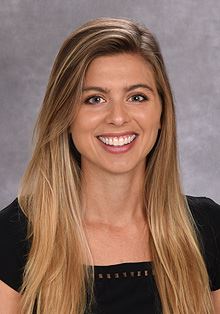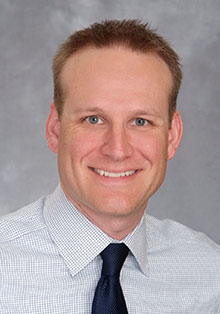1701-1710 of 3178 Results Found

Conditions We Treat
The audiologists at Phoenix Children’s diagnose and treat various hearing conditions, including: Auditory Processing Disorders (APD): A condition that occurs when the brain has trouble recognizing sounds even though the ears function normally. Balance and Vestibular Disorders
Service
The Stephen C. Grout Adult Congenital Heart Disease Program at the Center for Heart Care at Phoenix Children’s seamlessly bridges the gap between pediatric and adult cardiology so that patients receive the best possible cardiac care – regardless of age. Our team of specialists

Service
The Surgical Tone Management Clinic evaluates and treats children and adolescents with high muscle tone (hypertonia) due to either spasticity or dystonia. The goal is to help reduce abnormal unwanted muscle activation so that children can move more easily and be more comfortable
Pediatric & Adolescent Gynecology Fellowship
The Pediatric and Adolescent Gynecology (PAG) Fellowship began in July 2016. PAG is a specialty committed to the evaluation, treatment, and follow-up care of gynecologic problems in infants, children and adolescents. This fellowship is a two-year program. The program includes the
Social Work Services
A hospitalization can happen at any time, often adding to existing family stressors. Social Work Services at Phoenix Children’s helps patients and families overcome life’s most difficult challenges and troubles of everyday living – inside and outside the hospital. If you don’t
Conditions We Treat
Phoenix Children’s provides comprehensive testing and care for children with celiac disease. Celiac disease is a condition that damages the small intestine. The disease is triggered by gluten, a protein found in wheat, barley and rye. Children with celiac disease experience
CME Session
NSGR - Neuropsychological Functioning in Children - Aimee Hammer, PhD
Presenter: Aimee Hammer, PhD Neuropsychologist Barrow Neurological Institute at Phoenix Children’s Learning Objectives: Describe common types of craniosynostosis. Discuss the neurodevelopmental outcomes of syndromic and non-syndromic craniosynostosis in children. Describe
CME Session
VWGR - Understand Asthma Guidelines as they pertain to children - Kelvin Panesar, MD
Session Objectives: Understand Asthma triggers for Children and how they differ from adults with asthma Understand Asthma Guidelines as they pertain to children Know about NAEPP Guidelines and GINA Guidelines
